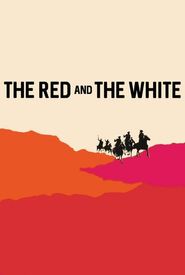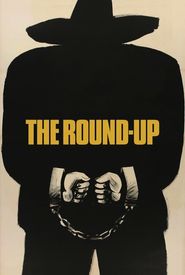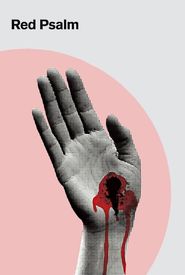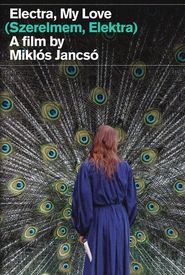Miklos Jancsó, a renowned Hungarian film director, was born in 1921 in Vac, Hungary, to a mixed heritage family, with his mother, Angela Poparada, being Romanian and his father, Sandor Jancsó, being Hungarian. After graduating with a degree in Law from the University of Cluj-Napoca in 1944, Jancsó's early life was marked by his experiences in World War II and a brief period as a prisoner of war, following which he opted to join the Film and Theater Academy in Budapest, graduating with a diploma in Film Directing in 1950.
Jancsó's fifth feature film, The Round-Up (1966),became a massive hit domestically and internationally, often regarded as a significant work of world cinema. Hungarian film critic Zoltan Fabri hailed it as "perhaps the best Hungarian film ever made," while film critic Derek Malcolm included it in his list of the 100 greatest films ever made. In Hungary, it was seen by over a million people, out of a population of 10 million.
His subsequent film, The Red and the White (1967),proved to be Jancsó's biggest international success, earning the 'Best Foreign Film' award from the French Syndicate of Cinema Critics. Jancsó's subsequent films showcased his unique style of historical analysis, characterized by complex camera movements, dance, and popular songs, which he dubbed "political musical."
One of Jancsó's notable trademarks was his use of long takes, as exemplified in his 80-minute film Winter Wind (1969),which consisted of only 12 shots. Jancsó's work continued to receive international acclaim, with him receiving the 'Best Director' award at the Cannes Film Festival in 1972 for his film Red Psalm (1972).
During the 1970s, Jancsó divided his time between Italy and Hungary, producing a number of films in Italy, including the notable Private Vices, Public Virtues (1976). Meanwhile, his films Hungarian Rhapsody (1979) and Allegro barbaro (1979) were the most expensive to have been produced in Hungary, although they received muted critical reception.
Jancsó's later years saw him receive the Career Golden Lion at the Venice Film Festival in 1990. After a long hiatus, he made a surprising comeback with The Lord's Lantern in Budapest (1998),followed by a succession of films featuring Pepe (Zoltán Mucsi) and Kapa (Péter Scherer),the last of which was released in 2006.
Throughout his career, Jancsó made appearances in a number of films, including guest roles in works by up-and-coming Hungarian directors, cementing his reputation as a master of his craft. Miklos Jancsó passed away on January 31, 2014, at the age of 92, leaving behind a legacy that was celebrated by his fellow Hungarian director Béla Tarr, who hailed him as "the greatest Hungarian film director of all time" and acknowledged Jancsó's profound influence on his own work.


























